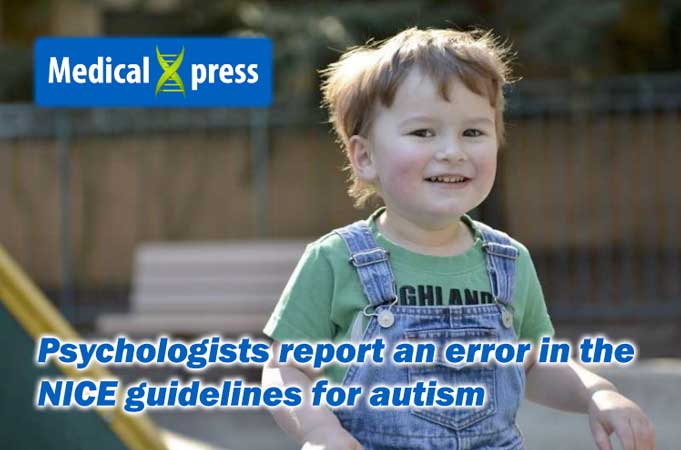Reporting in the Lancet Psychiatry today, psychologists at the University of Bath highlight that a widely used technique for autism screening is being misused, which may have prevented many people from receiving an autism diagnosis over the past decade.
When individuals with suspected autism are assessed by a GP, a decision to refer them to a specialist for diagnosis is informed by using the Autism Spectrum Quotient. This ten-point scale, known as the ‘AQ-10’, is an internationally used technique, whereby individuals agree or disagree with statements such as ‘I find it difficult to work out people’s intentions’. The maximum score is ten, and higher scores represent more autistic traits.
A score of six or above on this scale should signal that an individual needs to be referred to a specialist psychologist or psychiatrist. However, through this new research, psychologists have uncovered that for almost ten years the NICE guidelines have incorrectly been recommending a score of ‘more than 6 out of 10’. This error may have consequently prevented people who scored ‘6’ from receiving proper support.
Share This Post:










Leave a Reply